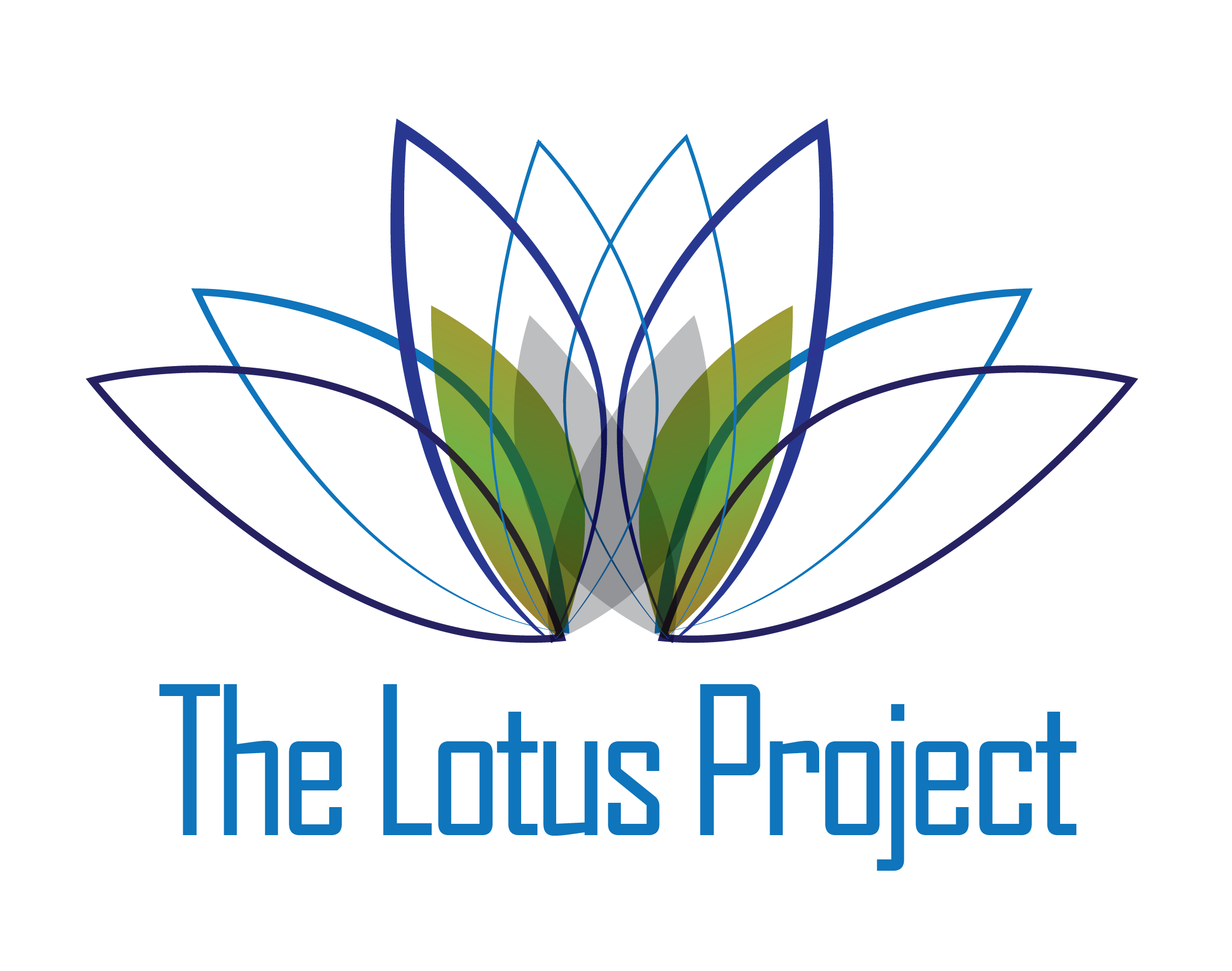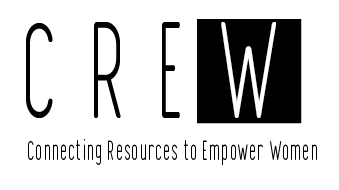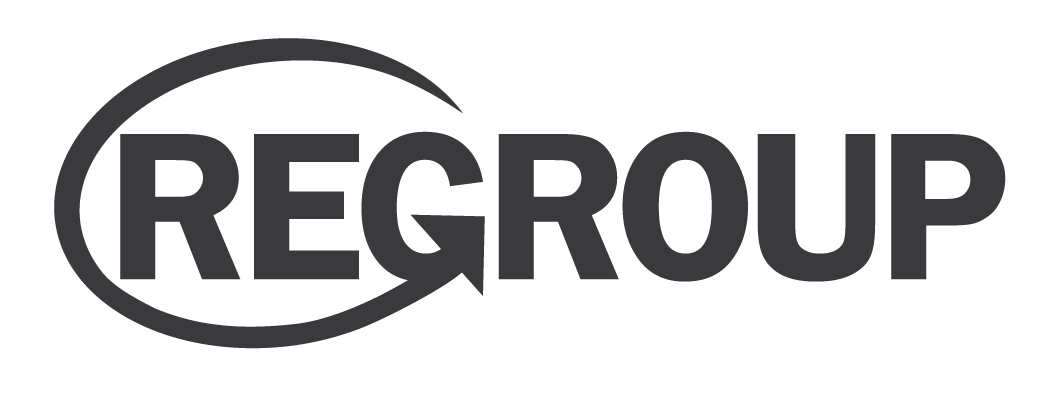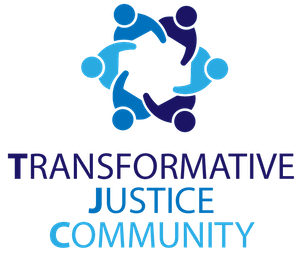
The lotus grows from being deeply rooted in mud and scum. Despite these challenging circumstances, it makes its way through the murky water until it finally breaks the surface in order to bloom. It emerges and blossoms in the sun, rewarded for its efforts, beautiful and whole.
The color blue in a lotus flower represents wisdom and common sense, usually depicted only partially open with its very center unseen. This symbolizes a continual need to gain wisdom, learn and expand the mind, and to seek knowledge and understanding.
It is for this reason that all my research and multiple initiatives focused on rehabilitation and reentry are housed under The Lotus Project.

CREW (Connecting Resources to Empower Women) focuses on the needs and concerns regarding women who are incarcerated in the state of Oregon. CREW is a collection of agile volunteers ready to step in and meet a need, facilitate a class, provide release clothing, or whatever else may come up. Women are held in a system built for men and it is through other women that they will see freedom.
“I am not free while any woman is unfree, even when her shackles are very different from my own.” – Audre Lorde

REGROUP is a new twist on the traditional support group model, specifically for people who have recently returned to the community after time spent behind bars. The members of this group help one another celebrate their new freedom, get established in the next chapter of their lives, refocus when life becomes distracting or overwhelming, learn valuable life skills to help ease reentry, and provide a support system for various areas of need. REGROUP capitalizes on the valuable lived experiences of the members to help one another from a position of genuine understanding.

TJC’s Mission is to promote transformative justice through recognition of the intersection of personal transformation, healing, and the need to dismantle systems of oppression.
The purpose of the organization is to advance the principles of transformative justice through programs that interrupt the pathways to incarceration. Principle activities to date include creating a peer support and mentorship program for formerly incarcerated returning citizens. We offer mentorship support in accessing resources for re-entry, navigating familial and work relationships, and helping with common re-entry issues related to technology, employment, and housing. Current volunteers create a network of support and reach out to those wanting help with making career changes or just to connect with people with lived experience. Volunteers also participate in educational activities at colleges and universities and other organizations wanting to understand more about transformative justice and the experiences of re-entry.

